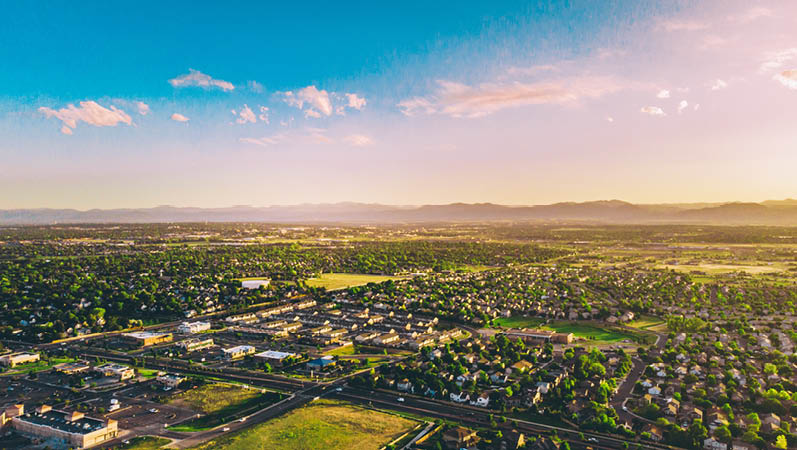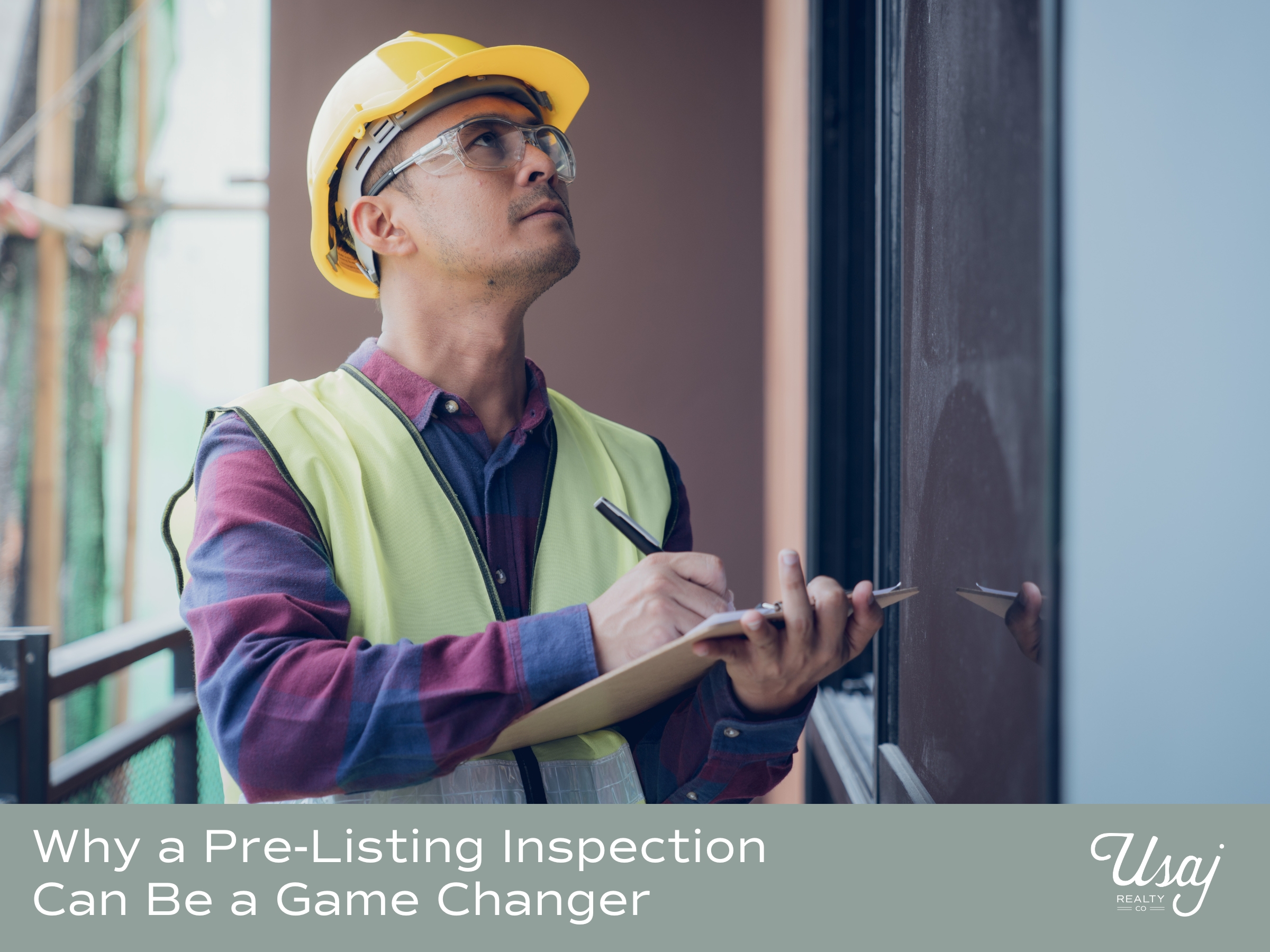Why Didn’t I Know These Things Before Buying My Home?
Let’s be clear about something — buying a house isn’t for the faint of heart.
Yes, it’s exciting but nerve-wracking at the same time. For most people, it will be the biggest purchase of their lives. It goes without saying, you want to make sure you’re making a solid investment, regardless of how long you’re planning on staying in the home.
And once you close, you’re suddenly committed to this huge expenditure. Before you sign those closing papers, better yet, before you even start your search, it’s critical to consider some issues that will help solidify your intent to buy a home that you’ll truly love for a long time.
1. Really crunch your numbers
Frugality is a good thing. Just because you qualify for X amount of money doesn’t mean you should buy a home that maxes out your budget. It’s prudent to ensure your financial security won’t be compromised with a mortgage payment that is busting at the seams. Try to find a house that is well within your means. By doing so, you can use the extra money you’ll save each month for home improvements, repairs, renovations and maybe even a nice vacation.
2. Select your interest rate strategically
Interview a couple of lenders and choose the one with whom you feel comfortable. Make sure they walk you through the various types of loans and interest rates. It’s important you understand the pros and cons of each, and determine which one best suits your situation. Also, it’s always best to put down more than less on your down payment. This way, you can avoid mortgage insurance payments which add up over time.
3. Be careful with your savings
If you’ve been dutifully saving for a down payment, don’t blow it all on the down payment and associated costs when purchasing a home. You’re better off delaying the process for awhile than getting caught with excess expenses. Keep saving until you know you have a cushion that can be used for emergencies, regardless of whether they are related with your home or not. Consider talking to a financial advisor to get a clear picture of where you stand.
4. Pros and cons of buying a condo
For a first time home buyer, a condo is often times the first choice. Condos are generally less expensive and have less upkeep if any. However, keep in mind you’ll be paying an HOA fee. This fee may increase over time and it’s imperative you know what your future payment might be. Make sure you ask about the history of the HOA and how often there have been assessments or increases in fees to cover improvements, renovations and maintenance. Get the answers to your questions in writing. If the HOA is reluctant to do so, scratch the property off your list. Also, make sure you know if any issues exist in the building. How often has the water been shut off? How old is the roof? Is there street noise? Are there lead foot people in the unit above you?
5. Research the neighborhood
Are you looking for peace and quiet? Or are you interested in a certain vibe and want access to nearby entertainment, restaurants and bars? How about that home being built across the street? How long will the construction last? Visiting the neighborhood at various times during the day is always a good idea to determine the noise level, whether it’s from children playing, construction, a pool party or loud music blasting from a neighbor’s speaker. Living across from a park provides a nice view but it also can mean lots of cars parked on the street, music and games being played, especially on weekends. Most people love dogs but get frustrated with constant barking when they are left out in the yard for long periods of time. Is there an HOA? Do people park their cars in garages, in the driveway or on the street? Are RVs and boats “housed” on the street or in driveways. Bottom line, knock on some doors and find out what the neighbors are like and monitor the “activity” level of traffic and people.
6. Make a list and be flexible
Many buyers will get laser-focused on what they think they want and need, and end up missing out on homes in other locations, and certain styles of homes or neighborhoods that would suit their needs perfectly. Try to think more about why you want certain features, versus what you want. Think outside of the box and get creative! For example, if the buyers wants two bedrooms because they need a dedicated space for an office or occasional guest bedroom, they might miss out on an amazing one bedroom plus loft or private study that could be easily converted into a guest bedroom setup.
7. Know all the extra costs that come with owning a home
It’s true, you don’t have to pay rent anymore but you will have a monthly mortgage payment as well as property taxes, homeowner’s insurance, utility bills, internet, cable (unless you’re a cable cutter) and garbage pickup (if not provided by the city). If you’ve bought a house, you’ll have to mow your lawn or hire a lawn service company to do the job. Remember, the trees and shrubs need care, too, and that sprinkler system will have to be turned off and on in the fall and spring. In the winter, the sidewalks and driveway must be shoveled.
Other considerations include cleaning the carpet at least twice a year, washing your windows, cleaning the gutters and downspouts, and keeping a reserve each month for home repairs/appliance replacement.
Finally, you’ll probably want to make some home improvements down the road. Whether you’re considering a kitchen remodel, a new master bathroom or an addition, you’ll need to keep those costs in mind. You can always take out a home equity loan or low interest/high signup bonus credit card for renovations but you’ll have to take on an additional payment when doing so.
All these costs add up over time and again illustrate the importance of selecting a home that is well within your budget.
If you are ready to buy a home, contact us here at Usaj Realty. Our knowledgeable group of realtors will help guide you through the process and assist in finding the home that best suits your needs.




